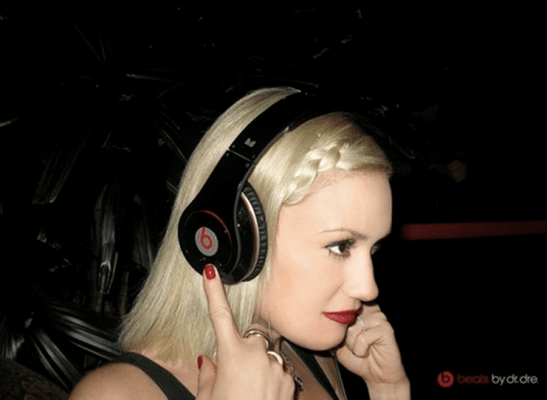Update: Apple announced the $3 billion deal on May 28th.
We shouldn’t be surprised that the strongest brand in the world is looking to buy another solid brand. Far beyond the guffaws of audiophiles and tut-tutting of those who know what Apple would do, we find a place where a massive investment in Beats would make some sense.
First, understand that Beats is a successful hardware startup in an era of fizzling hardware profit. Most of Beats’ competitors are also-rans at best and there isn’t a single audio company that I can think of with the same numbers or the recognition. There are a number of headphone companies that own the low end, but these are krill in the oceans of commerce, rebadgers that buy cheap and sell high.
Then there’s the high end. Apple could buy Bose or Grado but neither of those companies have the scale necessary to make the investment make sense. Logistically, Beats can make and ship thousands of units a day at a clip and with a quality that rivals Apple’s own accessory sales.
How certain am I that Beats will be bought? I approached my source who, it can be said, was quite giddy at the prospect. Instead of an immediate denial, they offered something far more quizzical – a wry smile. While they can’t say much, this alone is interesting.
Beats is a marketing miracle. The company has risen again and again out of the ashes of failed partnerships, first with Monster Cable and then with HTC. Beats survived being glommed onto HP laptops and it has thrived despite endless hoots from self-style audio gurus. Put simply, Beats is an expensive, popular brand that to the consumer is well worth the investment if you’re outfitting your digital wardrobe. Why? The cynical would say it’s for the styling, and the pragmatist would say because there is little else on the market in the same vein with the same cultural cachet and the same good looks. In a decade when it has been notoriously hard to market to the young adults and teens, Beats has done it again and again.
Remember that it made no sense for Apple to buy SoundJam MP, an MP3 player and media sync system, in 1999. The company made a basic desktop music player and was relatively unknown in the market. In fact, in 1999 it wasn’t even certain that the MP3 would take off. Napster launched in June 1999 and died soon after. Why, then, would Apple want an arguably small-fry MP3 player app?
On January 1, 2001, SoundJam MP turned into iTunes 1.0.
In 2013, Beats owned 64 percent of the high-price headphone market. That’s the kind of market share any executive could get behind. It was worth a billion dollars last year, which makes the $3 billion price a little low. Why does Apple need Beats? Perhaps it wants to shore up its cachet with young music lovers. Maybe it wants a source of steady revenue. Maybe it loves the bass-heavy, bombastic sound out of headphones that look like Lobot’s cybernetic enhancements. Maybe it wants to meet Dre. But know that this merger makes perfect sense, even if we can’t see why just yet.
